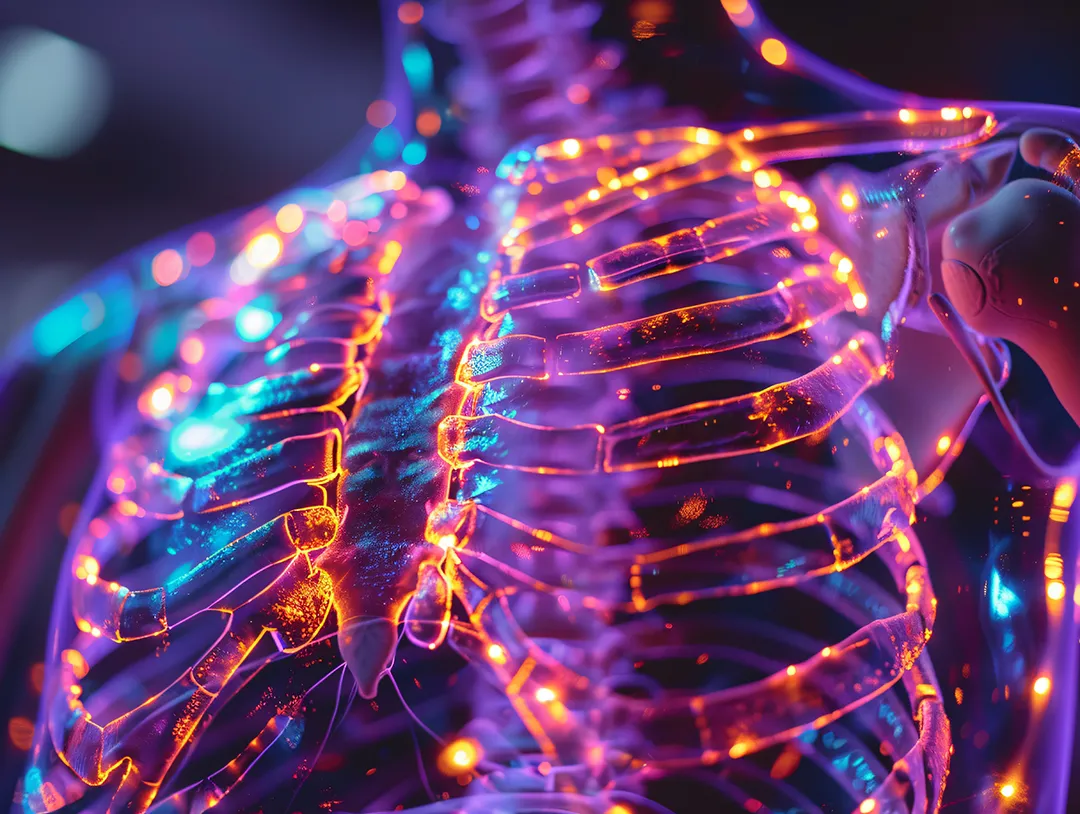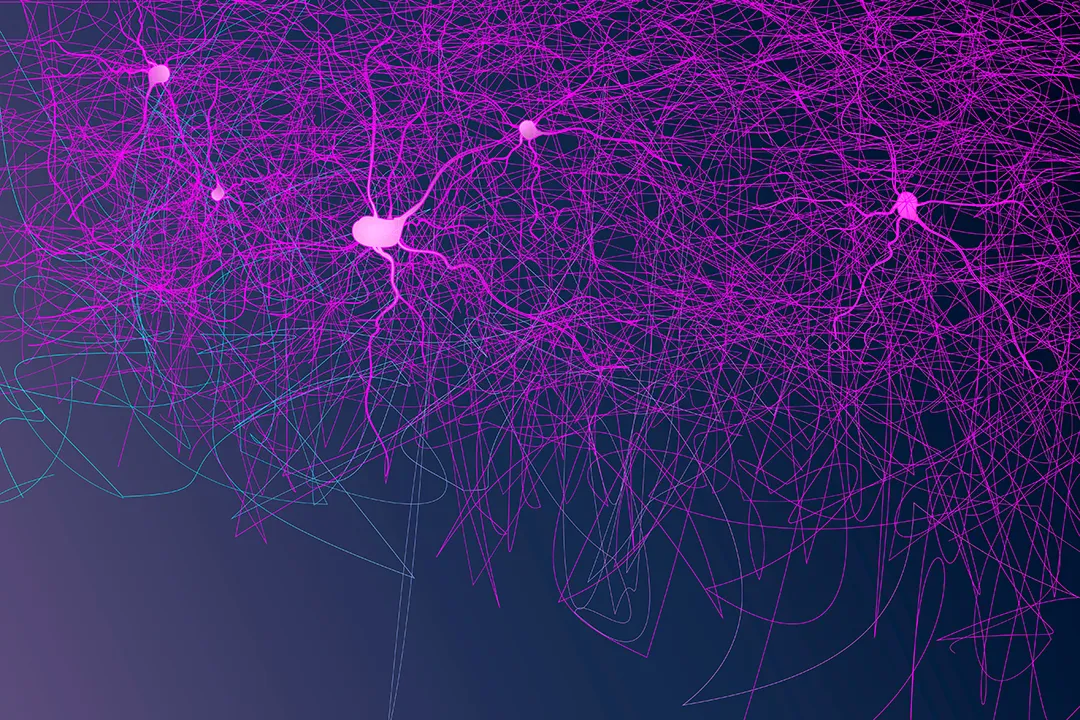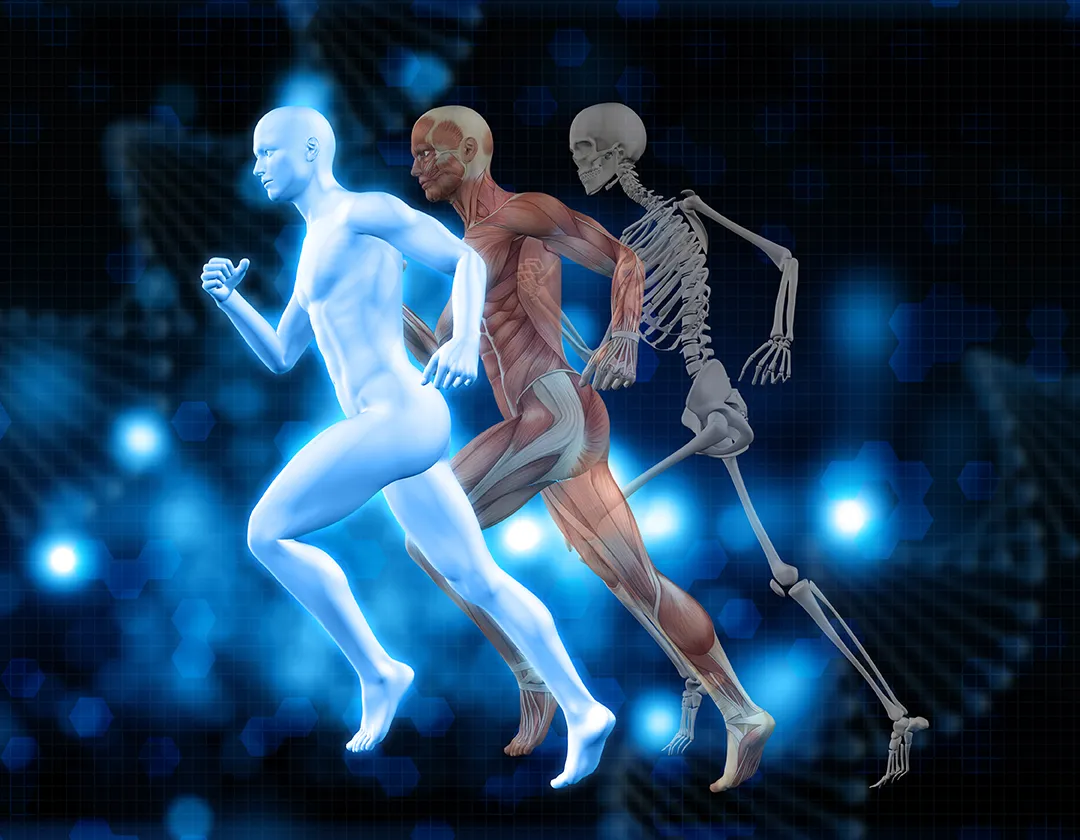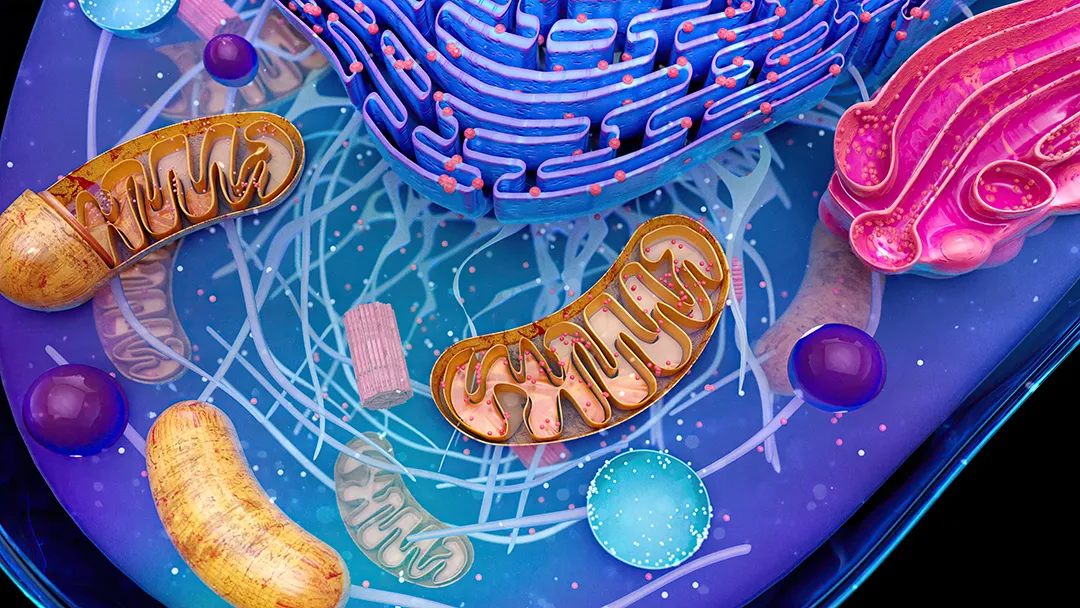
About Bundle
The Foundations of Human Physiology course series provides an integrated overview of the essential physiological mechanisms that sustain human life, emphasizing the interdependence between cellular processes, neural regulation, and muscular function. Across three interconnected modules—Cell Physiology, Nervous System Physiology, and Skeletal Muscle Physiology—students develop a comprehensive understanding of the fundamental principles that govern the body’s structure, function, and homeostatic control.
The first module, Principles of Cellular Physiology, introduces the molecular and structural organization of the cell, membrane transport mechanisms, and the biochemical foundations of energy production. It establishes the conceptual basis for understanding higher physiological functions.
The second module, Physiological Mechanisms of Skeletal Muscle Function and Reflex Activity, explores the properties of skeletal muscle tissue, the mechanisms of muscle contraction, energy metabolism in muscular activity, and the organization of reflexes, emphasizing neuromuscular integration in movement and posture.
The third module, Neurophysiological Mechanisms and Functional Organization of the Nervous System, examines the structure and function of the nervous system, neural impulse conduction, synaptic transmission, and neurotransmitter activity within somatic and autonomic systems, highlighting the nervous system’s role in regulation and coordination.
Together, these modules form a coherent foundation for advanced studies in medicine, physiotherapy, and biomedical sciences, fostering analytical understanding of physiological systems and their relevance to human health and clinical practice.
Courses in the Bundle (3)
Principles of Cellular Physiology
By Mara Odineca | Category: Physiology


